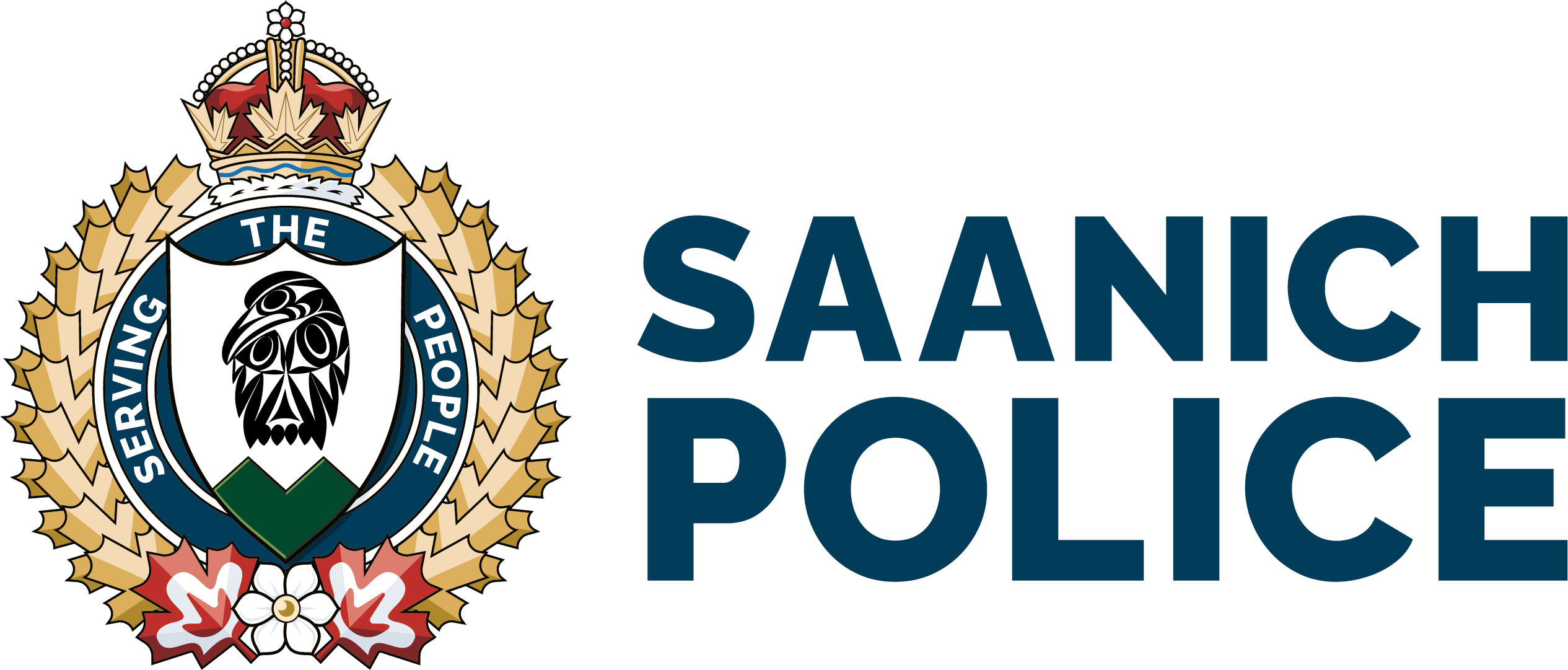Date: March 22, 2022
Did you know that based on reports to the Canadian Anti-Fraud Centre, $379 million were lost to scams and fraud in 2021, an increase of 130% compared to 2020?
There are ways that you can protect yourself from these types of crimes, which have been outlined below as ten ways to recognize a scam. March is Fraud Awareness Month, so let’s work together to raise awareness by recognizing, rejecting and reporting fraud!
Suspicious Phone Calls
One popular technique that scammers use is to place phone calls directly to people claiming to be anything from a bank to the CRA or an antivirus software company. Most of these agencies don’t ever call clients directly, so no matter how official it sounds, play it safe. Hang up and if you feel worried call the agency back at a number you get from their official website after waiting at least 10 minutes.
Specific Payment Demands
Scammers often have a preferred payment method, such as gift cards or cryptocurrency. Legitimate businesses and government agencies, on the other hand, usually take multiple standard forms of payment, including credit cards that allow fraud protection.
Poor Presentation
Legitimate businesses put a lot of effort into making sure their communications, either through emails, advertisements, mailings or text messages, are professional and polished. Scammers aren’t usually concerned with proper spelling and grammar.
Incongruous Email Addresses
As part of their professional presentation, government agencies and legitimate businesses give their employees a corporate email address that uses their business name. Scammers may claim to work for Match.com, but if their email address doesn’t actually end with “@match.com,” don’t trust them.
Special Offers
Most people like feeling special, and that’s something scammers try to take advantage of by offering “special deals” that are only available for a limited time. This is a red flag! Think about these offers realistically. Why are they offering this deal only to you, specifically? Is it just because they want to sell you something or gain your trust?
High-pressure Tactics
If someone calls you and seems rude or pushy about getting information from you, just hang up. You don’t owe rude people your time.
Threats
One particularly insidious high-pressure tactic that scammers use is to threaten people with fines or law enforcement. There are important processes involved with notifying individuals in Canada of outstanding debts, and they don’t involve calling you and threatening to send the police, ever! Again, the best defence is just to hang up when this happens.
Complicated Requests
The Nigerian prince scam is a well-known example of a classic scam technique, pulling people in with a wild story. Think about why you, of all people on the planet, are receiving this request for help. If the story is outlandish, it’s probably a scam.
Upfront Payment Requests with Promises of a Return
Another way to spot a scam is to look for any requests for an upfront payment that will result in a greater return. Legitimate investment opportunities require you to seek them out, not the other way around.
Unclear Details
Legitimate businesses and investment opportunities provide clear information for their customers — that’s what an investment prospectus is for. If you’re looking at a supposed deal or opportunity that is thin on detail, including the contact information, then it is very likely a scam.
- These simple tips can help protect us:
- Breath and Slow Things Down.
- Scammers pressure you with fast talk, threats, and big words. They want you to act without thinking.
- Ask Yourself “Does this make sense?”
- Can I win a lottery I never entered?
- Why is Microsoft calling me about my MacBook security?
- Would police really ask me to put all my money in a bitcoin machine?
- Ask 2 Friends or Family First.
- Tell them the “story” and ask their opinion.
- It’s OK to be Rude
- Hang up, don’t respond, delete the email or text.
Breathe and Slow things down.
Does this make sense?
If it’s too good to be true it’s probably a scam!
Be rude – hang up, delete, don’t respond.
Take all the time you need.
Check-in with two trusted other people ie. your bank, your family
Related Links:
